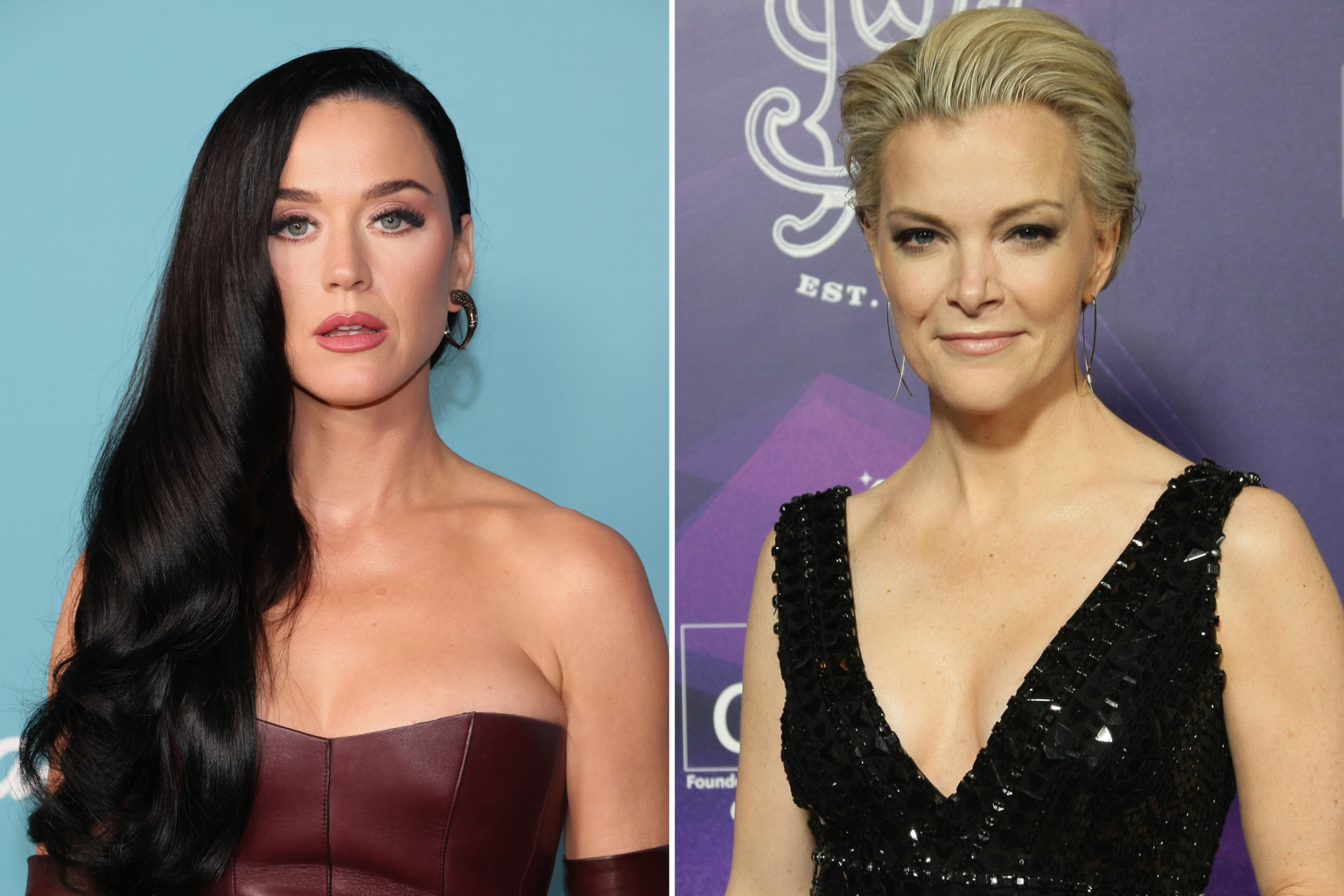Megyn Kelly has criticized Katy Perry for her response to Harrison Butker’s controversial commencement speech. Butker, a devout Catholic, made remarks that were deemed sexist and anti-LGBTQ, emphasizing traditional gender roles for women. Perry edited a snippet of Butker’s speech to change his message to be more inclusive and supportive of women’s success in the workforce, and she posted it on Instagram, along with a caption expressing her support for women and the LGBTQ community. Kelly and her guest, conservative commentator David Rubin, defended Butker’s speech, claiming it was not condemning working women, and criticized Perry for manipulating his remarks.
Kelly went on to criticize Perry’s activism and singing abilities, saying that she barely knew who she was and suggesting that her best move was marrying Orlando Bloom, despite the fact that they are only engaged. Rubin also brought up Perry’s previous marriage to Russell Brand and criticized her for not commenting on the sexual assault allegations surrounding him. Kelly accused Perry of being dishonest and petty for altering Butker’s speech and shutting down comments on her post when she received backlash online, calling it “Leftist 101.”
Despite the controversy surrounding Butker’s speech, several public figures, including Kansas City Chiefs quarterback Patrick Mahomes, Oscar winner Whoopi Goldberg, OutKick host Tomi Lahren, and comedian Bill Maher, have publicly defended the football star. A petition asking the Kansas City Chiefs to drop Butker has received over 229,000 signatures since he delivered the speech on May 11. Both conservatives and liberals have shown support for Butker, highlighting the diversity of opinions on the matter.
The debate between Kelly, Rubin, and Perry highlights the ongoing tensions between traditional and progressive views on gender roles and women’s empowerment. The controversy surrounding Butker’s speech and Perry’s response also reflects the broader societal discourse on inclusivity, activism, and the role of public figures in promoting social change. While some believe Perry was right to edit Butker’s speech to make it more supportive of women, others, like Kelly, argue that it was manipulative and disrespectful.
The clash between Kelly and Perry sheds light on the complexities of navigating sensitive topics such as gender roles, activism, and freedom of expression in today’s divisive social and political climate. As public figures continue to use their platforms to address important issues and advocate for change, debates like this one serve as a reminder of the diverse perspectives and opinions that exist within society. The controversy surrounding Butker’s speech and Perry’s response underscores the ongoing challenges and complexities of promoting inclusivity, respect, and understanding in a world where differing opinions often lead to conflict.


